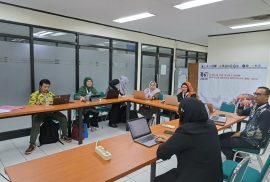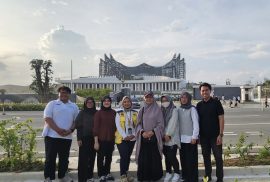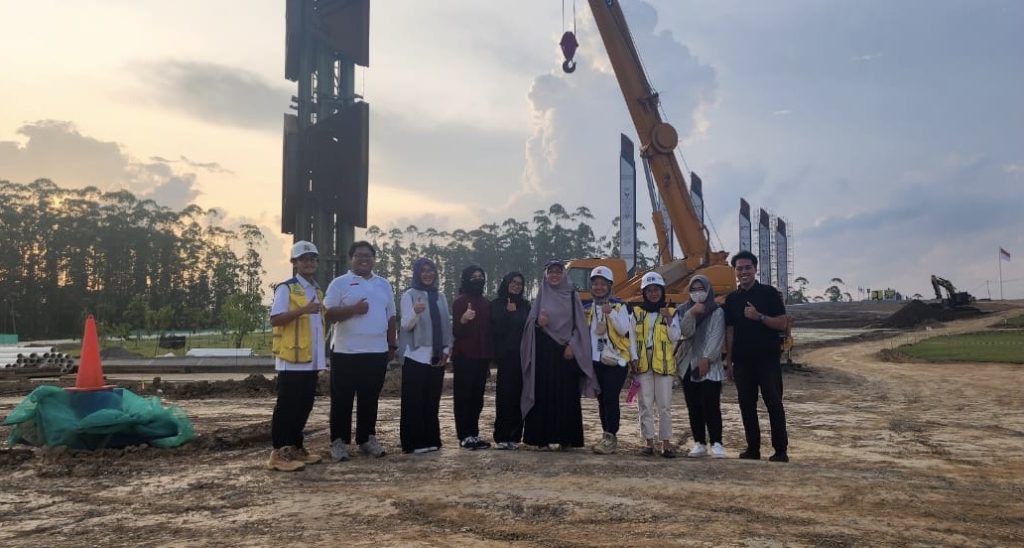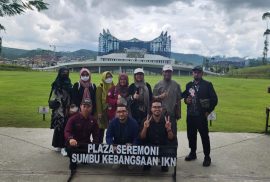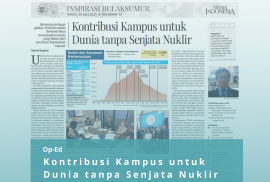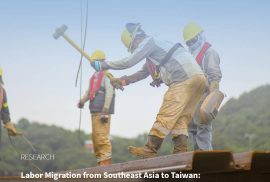The Seminar and Final Monitoring-Evaluation (Monev) of the Indonesian Collaborative Research (Riset Kolaborasi Indonesia, RKI) for 2024 took place successfully on 5-6 November 2024 at Hasanuddin University, Makassar. The event commenced with an opening speech from the Minister of Higher Education, Science, and Technology of the Republic of Indonesia, followed by parallel monitoring and evaluation sessions.
Representing Universitas Gadjah Mada (UGM), Prof. Dr. Rini Rachmawati, S.Si., M.T., Head of the Center for Southeast Asian Social Studies (CESASS), actively participated in the seminar and Monev sessions. Prof. Rini serves as the lead researcher for the RKI project, collaborating with partner researchers from Universitas Indonesia (UI), Institut Teknologi Bandung (ITB), the National Research and Innovation Agency (BRIN), Universiti Sains Malaysia, and the University of Yangon, Myanmar.

